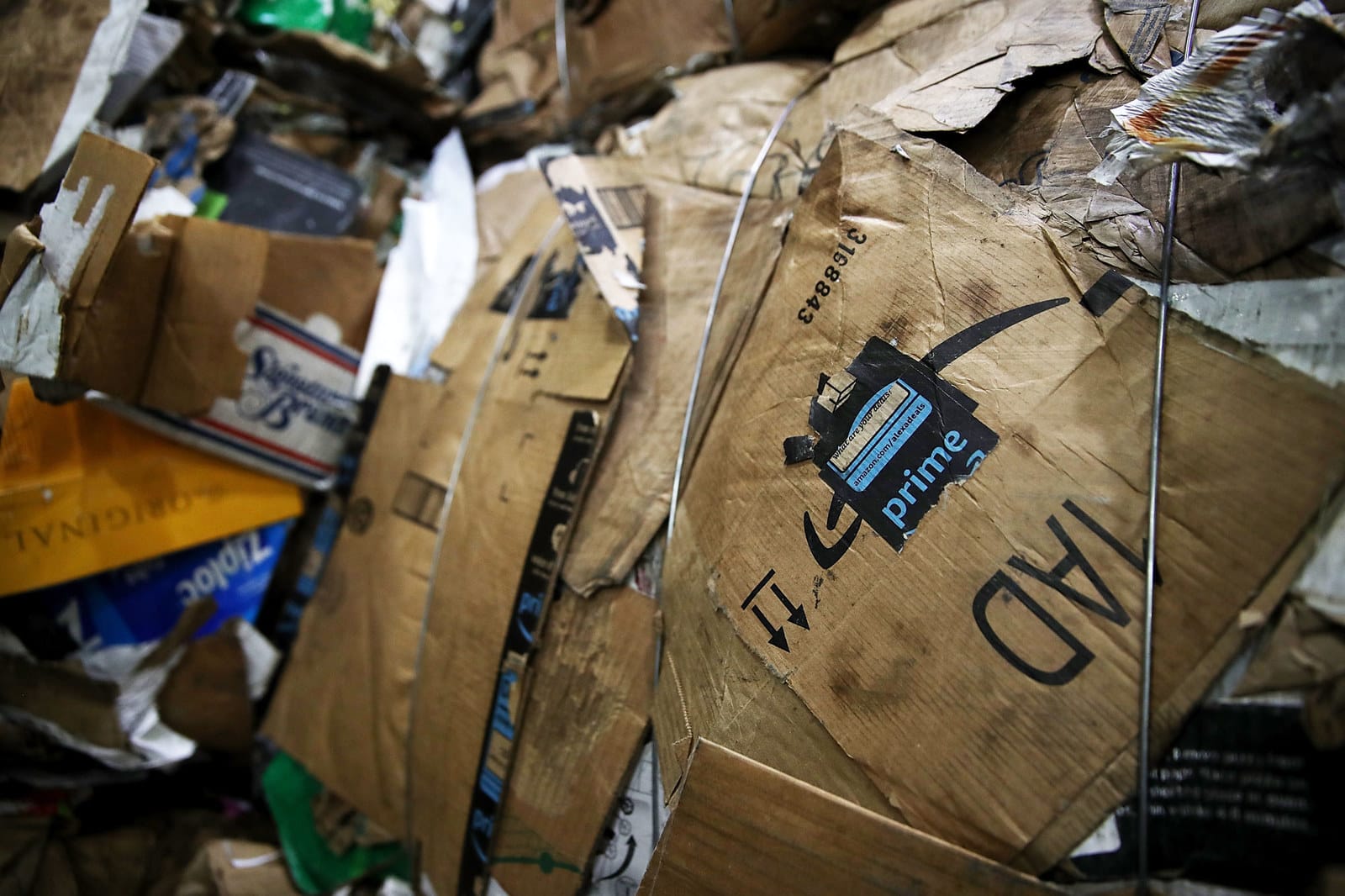Earth Is Hotter Than at Any Time Since Steam Engine Was Invented
The last five years on Earth have been hotter than at any time since the industrial revolution kicked off almost two centuries ago.
That’s the conclusion of Europe’s Copernicus Climate Change Service, which published data on Wednesday showing that global average temperatures since 2015 were some 1.2 degrees Celsius (2.2 degrees Fahrenheit) higher than when steam engines began powering industry. Last year was the second warmest on record after 2016.
2019 was Europe’s warmest year, marginally higher than temperatures in 2014, 2015 and 2018. Global average temperatures in 2019 were 0.6 degrees Celsius warmer than the 1981 to 2010 average. Atmospheric carbon dioxide concentration increased by about 2.3 parts per million in 2019, to the second-highest level on record.

